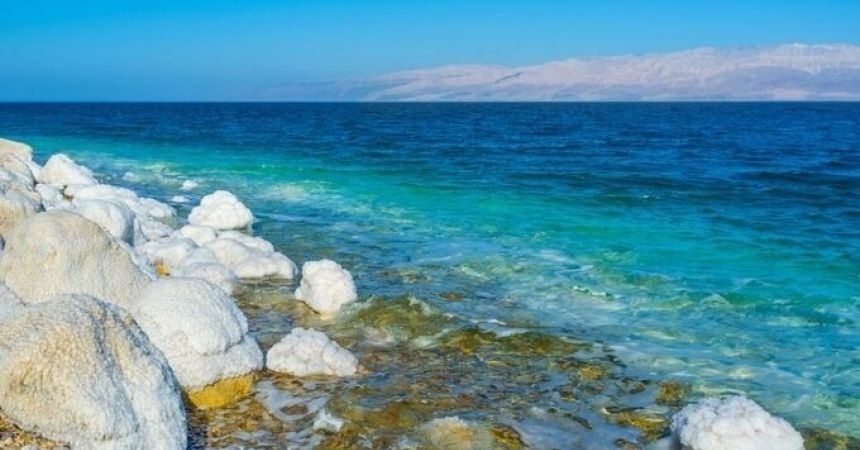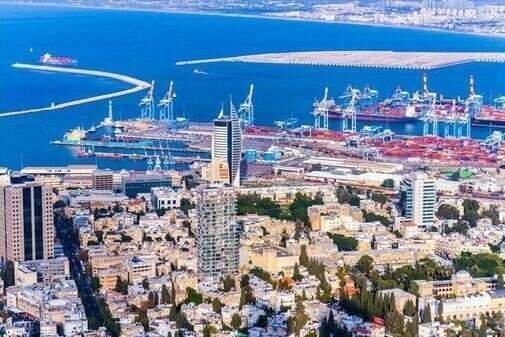
Dead Sea Israel Vacation Planning Resorts and Experiences
The Dead Sea is one of the world’s most extraordinary travel destinations. Sitting at the lowest point on Earth, the Dead Sea is famous for its mineral-rich waters, therapeutic mud, and effortless floating experience. Whether you’re planning a Dead Sea relaxing holiday, a romantic honeymoon, or a sightseeing-filled itinerary, the Dead Sea in Israel offers a unique blend of wellness, history, and natural beauty.
Perfectly suited for private tours, group tours, and Israel luxury vacation packages, the Dead Sea is often a highlight of Israel travel arrangements and tours booking.
Why Visit the Dead Sea in Israel?
The Dead Sea is unlike any other destination. Its extremely high salt concentration allows visitors to float naturally, while the mineral mud is known for skin and health benefits.
Travelers choose the Dead Sea for:
- One-of-a-kind floating experience
- Natural spa and wellness treatments
- Scenic desert landscapes and viewpoints
- Easy access from Jerusalem and central Israel
It’s an ideal stop for travelers combining sightseeing, relaxation, and cultural exploration.
Top Sightseeing Attractions Around the Dead Sea
Although relaxation is the main attraction, Dead Sea sightseeing offers much more:
Dead Sea Beaches:
Public and private beaches provide safe access to the water, showers, and facilities for floating and mud treatments.
Masada Fortress:
Overlooking the Dead Sea, Masada is one of Israel’s most iconic historical sites and a popular guided tour destination.
Ein Gedi Nature Reserve:
A desert oasis with waterfalls, hiking trails, and wildlife—perfect for nature lovers and Israel sightseeing tours.
Dead Sea Viewpoints:
Scenic stops along the road offer breathtaking views, often included in private and group tours.
These attractions make the Dead Sea more than just a spa destination—it’s a complete travel experience.
Dead Sea Travel Itinerary Ideas
The Dead Sea fits easily into many Israel itineraries:
Day Trip from Jerusalem:
Float in the Dead Sea, visit Masada, and relax at Ein Gedi—all in one day.
2–3 Nights Dead Sea Holiday:
Ideal for travelers seeking wellness, spa treatments, and slow-paced sightseeing.
Dead Sea & Jerusalem Package:
A popular combination blending cultural sightseeing with relaxation and luxury vacation time.
These itineraries are available as private tours or group tours with flexible travel arrangements.
Dead Sea for Honeymoon & Romantic Vacations
The Dead Sea is a top honeymoon destination in Israel. Luxury resorts, spa treatments, and serene desert sunsets create a peaceful and romantic atmosphere.
Honeymoon highlights include:
- Private spa experiences and mineral pools
- Sunset views over the desert mountains
- Boutique and luxury resort accommodations
- Personalized private tours
Many honeymoon packages combine the Dead Sea with Jerusalem or Tel Aviv for a balanced romantic vacation.
Best Time to Visit the Dead Sea
Thanks to its desert climate, the Dead Sea is a year-round destination, but some seasons are more comfortable than others.
- Spring (March–May): Best weather for sightseeing and tours
- Autumn (October–November): Warm water, mild air, fewer crowds
- Winter (December–February): Pleasant temperatures, excellent travel deals
- Summer (June–September): Very hot, best for short visits and resort stays
Spring and autumn are ideal for combining outdoor sightseeing with relaxation.
Dead Sea Tours & Travel Arrangements
Travelers can choose from a wide range of Dead Sea tours and vacation packages:
- Guided sightseeing tours from Jerusalem or Tel Aviv
- Private tours with flexible schedules
- Group tours including Masada and Ein Gedi
- Luxury spa-focused holiday packages
Professional tours booking ensures smooth transfers, expert guides, and well-organized travel arrangements.
Where to Stay at the Dead Sea
Dead Sea accommodations focus on comfort and wellness:
- Luxury spa resorts with private beaches
- Mid-range hotels ideal for group tours
- Wellness-focused resorts for extended holidays
Most resorts offer spa access, mineral pools, and convenient sightseeing connections.
Dead Sea Travel Deals & Vacation Packages
Dead Sea travel deals often include:
- Resort accommodation and spa access
- Guided tours and excursions
- Transfers from Jerusalem or Tel Aviv
- Optional upgrades and private experiences
Booking Dead Sea vacation packages provides excellent value and stress-free travel planning.

FAQs About the Dead Sea, Israel
- Is the Dead Sea safe for swimming?
Yes, floating is safe when guidelines are followed, avoiding splashes, limiting time in water, and using designated beaches with facilities. - How many days are enough at the Dead Sea?
One day is enough for sightseeing, but two or three days allow relaxation, spa treatments, and nearby tours comfortably. - Is the Dead Sea good for honeymoon travel?
Absolutely. Luxury resorts, spa experiences, peaceful scenery, and private tours make it perfect for romantic honeymoons. - Can the Dead Sea be visited on a group tour?
Yes, the Dead Sea is commonly included in Israel group tours, often combined with Masada and Jerusalem sightseeing. - Are Dead Sea travel packages worth booking?
Yes, packages simplify travel arrangements, include tours and hotels, and often offer better travel deals than booking separately.



